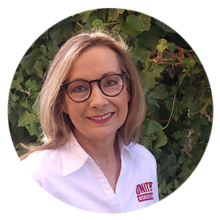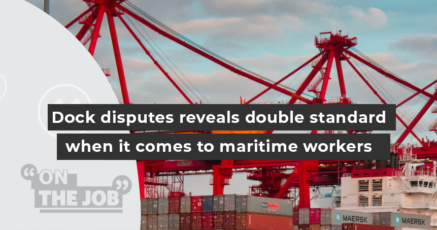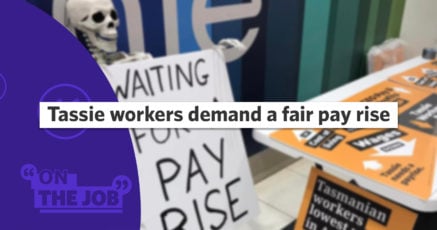Most Australians think slavery has been consigned to the scrapheap of history. They’d be shocked to know that it is very much alive in this country.
Modern slavery is sophisticated, trans-national and happening amongst us according to United Workers Union director of property services Lyndal Ryan.
“I may not be how people imagine slavery to be, but it is happening. People are shocked when they hear stories about epic exploitation [in Australia] but it’s only the tip of the iceberg,” she says.
“These stories are representative of a much bigger problem. It’s often the case that workers are too scared to speak up, even to those who might be able to help them”.
“That shows you the level of fear people are feeling”.
Cleaning up accountability
Ryan is a board member of the Cleaning Accountability Framework (CAF). The organisation was created out of recognition that to end the exploitation of cleaners in Australia, a whole of industry strategy was required.
CAF brings together unions, industry superannuation, business, governments, academia and industry associations to create a certification scheme for businesses to ensure that they can “slavery proof” their supply chains.
Many of Australia’s 150,000 cleaners are migrant workers on visas. Unscrupulous employers exploit these workers, using immigration threats and coercion to deny them legally mandated entitlements such as leave and superannuation.
Ryan says unions have learnt from previous campaigns that while targeting individual cleaning contractors was important, the real challenge was at the top of the supply chain.
“It sits with very wealthy property owners. With workers’ capital in superannuation being invested in the property market, it seemed like a logical place to start,” Ryan says.
We began having conversations with industry super funds about how they could continue to invest in property but in such a way that it ensured that workers in those buildings were not being exploited.
Lyndal Ryan
Director of Property Services, United Workers Union

CAF certification involves an independent assessment of a building’s cleaning supply chain. The supply chain is reviewed based on key areas around rights and working environments.
Rather than imposing a social audit (predominantly involving worker interviews), the collaborative worker engagement strategy is designed to obtain greater buy in from workers and ensure long lasting improvements to workers conditions and business compliance.
Key areas of supply chain assessment
-
Wages, job security and the right to work in Australia
-
Ethical pricing, responsible sub-contracting and contract transparency
-
A safe working environment and relevant insurance status
-
Financial viability
-
Education and consultation with cleaners
-
Freedom of association
-
Investigation and resolution of compliance issues throughout the cleaning supply chain
How ethical is your super fund?
Last week, the Property Council of Australia and CAF announced a partnership to raise awareness of sustainable and ethical employment practices.
CAF CEO Poonam Datar says the partnership is a natural fit.
“With the Property Council’s progressive focus on social impact and, specifically, their Modern Slavery Supplier Platform, CAF’s ‘eyes on the ground’ insights and subject matter expertise will undoubtedly prove to be synergistic,” she says.
Australian Super and other super funds are putting their shoulder to the wheel, using the power of workers’ capital to direct investment decisions toward CAF compliant projects.
Ryan encourages all workers to inquire into whether their Super fund is investing in property that is CAF certified and free of the modern slavery supply chain.
“I’d encourage people to ask questions. Some funds invest more heavily in property than others,
And CAF is very helpful in guiding people through the process. Super funds certainly have a major role to play,” Ryan says.
“Australian Super have already shown that commitment and, for it to work, it needs to be an ongoing commitment.”













SHARE:
How your Super is fighting modern slavery